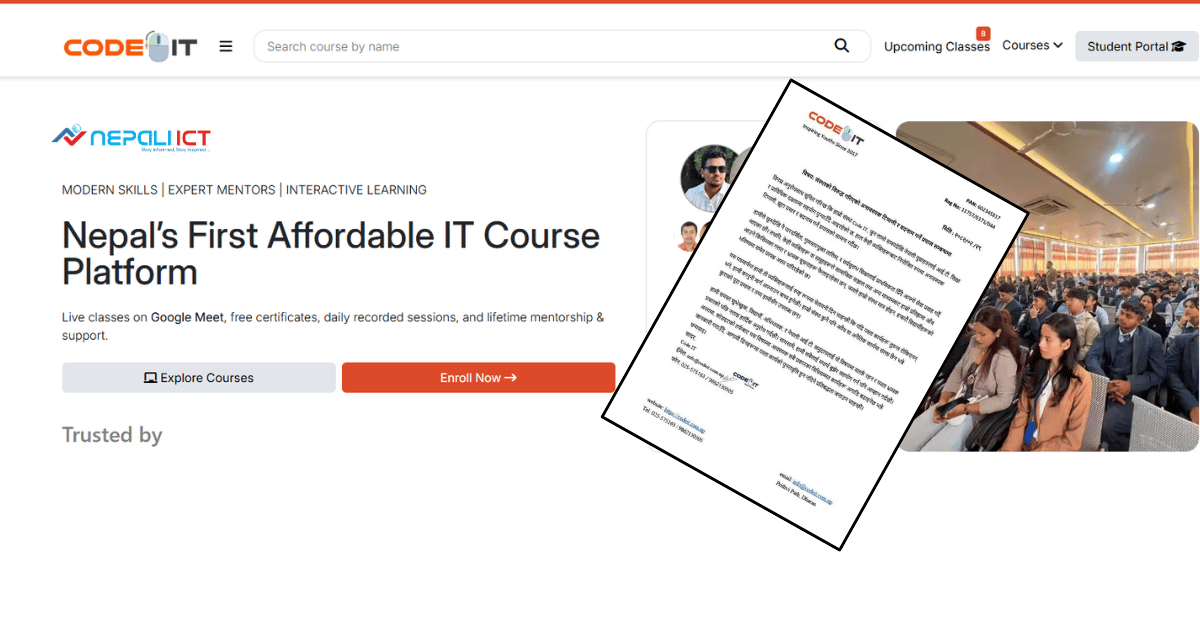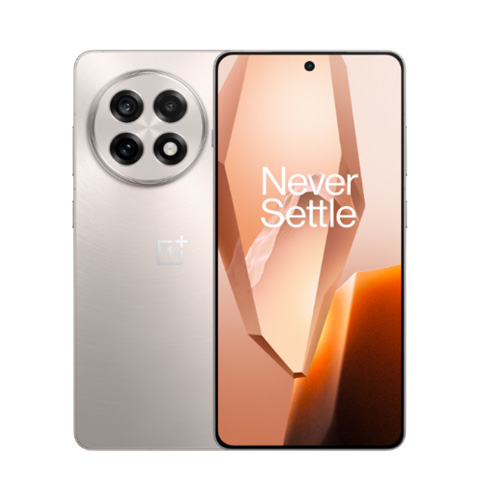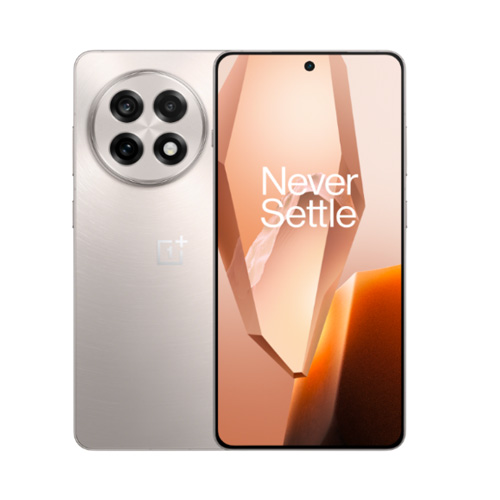Lei Jun’s journey from a modest childhood in Xiantao, China, to becoming the founder of Xiaomi, one of the world’s most influential technology companies, is a remarkable story of passion, innovation, and relentless ambition. His life offers invaluable lessons for entrepreneurs, tech enthusiasts, and anyone striving to make a difference in the fast-paced world of technology.
In this article, we explore seven inspiring lessons from Lei Jun’s life and career that highlight how he transformed challenges into opportunities and built a global tech empire.
1. Humble Beginnings Can Spark Great Innovation
Lei Jun was born in 1969 in Xiantao, a small city in China’s Hubei Province. His family lived modestly; his father was a schoolteacher earning just 17.22 yuan per month (roughly NPR 10,000 in today’s terms). Despite financial hardships, Lei’s curiosity for electronics was evident from a young age.
As a child, he crafted a working electric bulb using two batteries, a small lightbulb, wires, and a wooden box he made himself. This simple invention lit his family’s home for the first time and symbolized the beginning of a bright future.
Lesson: Innovation doesn’t require wealth—curiosity and creativity can ignite change even in the humblest settings.
2. Education and Early Inspiration Shape Your Vision
Lei Jun graduated from Wuhan University in 1991 with a degree in Computer Science. Impressively, he completed a four-year program in just two years, showcasing his dedication and intellect.
During college, he was deeply inspired by tech legends like Steve Jobs and Bill Gates. The book Fire in the Valley, which chronicles the rise of personal computing, had a profound impact on him. Lei admired Jobs’ vision and boldness, later adopting similar presentation styles for Xiaomi’s product launches.
Lesson: Learning from pioneers and investing in education can build a strong foundation for future success.
3. Hard Work and Leadership Propel You Forward
Lei began his career at Kingsoft, a Chinese software company, in 1992 as an engineer. His relentless work ethic and technical skills helped him rise quickly. By 1998, at just 29, he became Kingsoft’s CEO.
Under his leadership, Kingsoft grew significantly and was listed on the Hong Kong Stock Exchange in 2007. He also founded Joyo.com, an online bookstore, which he sold to Amazon for $75 million in 2004.
Lesson: Hard work combined with leadership skills can accelerate your career and open new opportunities.
4. Identify Market Gaps and Innovate Boldly
By 2010, Lei Jun noticed a clear gap in the smartphone market. Expensive brands like Apple and Samsung dominated the high-end, while cheap Chinese phones often lacked quality. Lei aimed to create affordable, high-quality smartphones that bridged this divide.
In April 2010, Lei and seven co-founders, including former Google executive Lin Bin, launched Xiaomi. Their first product was not a phone but MIUI, a custom Android-based operating system that quickly gained a loyal user base.
Lesson: Successful innovation often starts by identifying unmet needs and daring to fill them.
5. Build Strong Communities and Focus on Customer Relationships
Xiaomi’s strategy was unique. Instead of spending heavily on advertising, the company focused on building a passionate community of users. MIUI’s popularity grew through user feedback and engagement, creating a loyal fan base before Xiaomi even released its first smartphone.
When Xiaomi launched the Mi 1 in 2011, Lei Jun personally engaged with customers, introducing the phone directly to the public. The phone’s quality and price quickly won over skeptical users.
Lesson: Building authentic relationships with customers creates lasting loyalty and drives growth.
6. Diversify and Adapt to Stay Ahead
Xiaomi didn’t stop at smartphones. The company expanded into smart TVs, laptops, home appliances, wearables, and Internet of Things (IoT) devices. Despite challenges in 2015, Xiaomi invested heavily in research and development, launching HyperOS in 2023, an AI-integrated operating system.
In 2024, Xiaomi entered the electric vehicle market with the SU7 SUV, producing over 150,000 vehicles by 2025 and planning a $7 billion investment in chip development, partnering with NVIDIA.
Lesson: Constant innovation and diversification are key to sustaining long-term success.
7. Give Back and Inspire Others
Beyond business, Lei Jun is a committed philanthropist. Inspired by Bill Gates, he has donated billions of yuan to education and innovation initiatives in China. His leadership style emphasizes passion, risk-taking, and continuous learning.
Some of his most inspiring quotes include:
-
“The only way to do great work is to love what you do.”
-
“To achieve what you’ve never had, you must become what you’ve never been.”
-
“The biggest risk is taking no risk at all.”
-
“If you truly love your work, you don’t need to be pushed. Your passion pulls you.”
Lesson: Success is not just about wealth but also about making a positive impact.
Lei Jun’s Global Impact and Legacy
Today, Xiaomi is among the top five smartphone manufacturers worldwide, with a market value of $169 billion and annual revenues in the billions. Lei Jun’s personal fortune exceeds $41 billion, and Xiaomi continues to challenge global giants like Apple, especially in China.
Lei Jun’s story is a testament to how vision, resilience, and passion can transform humble beginnings into a global legacy.
Learn More About Lei Jun and Xiaomi
-
For a detailed biography of Lei Jun, visit Lei Jun – Wikipedia.
-
Explore Xiaomi’s official website and founder information at Xiaomi Founder Lei Jun.
-
Read about Xiaomi’s impact on the smartphone market in our article How Xiaomi Changed the Global Smartphone Market.
Lei Jun’s journey from a curious boy in a small Chinese town to a global tech powerhouse founder is truly inspiring. His story teaches us that with passion, innovation, and determination, anyone can overcome obstacles and change the world.
Whether you are an aspiring entrepreneur or a technology enthusiast, Lei Jun’s lessons offer valuable guidance on how to dream big, work hard, and lead with vision.
Looking Ahead: The Future of Lei Jun and Xiaomi
As Lei Jun continues to lead Xiaomi into new frontiers, the company’s future looks brighter than ever. With ambitious plans to invest billions in semiconductor technology and expand its electric vehicle lineup, Xiaomi is poised to become a major player not only in consumer electronics but also in cutting-edge technology sectors. Lei Jun’s commitment to innovation and quality ensures that Xiaomi will keep challenging industry norms and pushing boundaries.
Moreover, Lei Jun’s story serves as a beacon of hope for aspiring entrepreneurs worldwide, especially those from humble backgrounds. His journey highlights that success is not just about talent but also about perseverance, vision, and the courage to take risks. As Xiaomi grows into a global powerhouse, Lei Jun remains a symbol of how determination and passion can transform dreams into reality.
For anyone looking to make an impact in technology or business, Lei Jun’s legacy offers invaluable lessons on leadership, innovation, and giving back to society.
Xiaomi’s Worldwide Competition, Market Review, and Growing Presence in Nepal
Xiaomi’s rise to global prominence has not been without fierce competition. The smartphone industry is dominated by giants like Apple, Samsung, and Huawei, each with loyal customer bases and massive resources. However, Xiaomi has carved out a unique position by offering high-quality, feature-rich devices at affordable prices, appealing especially to price-conscious consumers. This strategy has allowed Xiaomi to become one of the top five smartphone manufacturers worldwide, consistently challenging established brands in innovation and market share.
In terms of product reviews, Xiaomi devices are praised for their excellent build quality, user-friendly MIUI interface, and strong performance-to-price ratio. The company’s commitment to continuous software updates and expanding its ecosystem of smart devices—from wearables to smart home appliances—further strengthens its appeal. Industry experts often highlight Xiaomi’s ability to blend innovation with affordability as a key factor behind its rapid growth.
In Nepal, Xiaomi has gained significant popularity over the past decade. With a growing middle class and increasing smartphone penetration, Nepali consumers appreciate Xiaomi’s value-for-money offerings. Local distributors and authorized service centers have expanded, making Xiaomi devices more accessible across the country. For more insights on how Xiaomi is shaping the smartphone market in Nepal and competing with other brands, check out our detailed article on Xiaomi’s Impact on Nepal’s Mobile Market.
As Xiaomi continues to innovate and expand, it remains a formidable competitor on the global stage and an increasingly influential player in Nepal’s tech landscape.
Xiaomi’s rapid growth has certainly intensified competition in the global smartphone market, but does it pose a real danger to Apple’s dominance? The answer is nuanced. According to recent market data, Apple remains the world leader in premium smartphones, holding around 27% of the global market share as of mid-2025, with its iPhone 16 series leading global sales12. Xiaomi, while rapidly expanding and holding approximately 12% market share, mainly excels in the mid-range and budget segments36. This means Xiaomi challenges Apple strongly in affordability and volume but has yet to unseat Apple’s premium market dominance.
Apple’s strength lies in its ecosystem, brand loyalty, and premium user experience, which continue to attract high-end consumers, especially in wealthier markets like the US, Japan, and Europe7. Xiaomi, on the other hand, has made significant inroads in emerging markets, including Nepal, where its affordable yet feature-rich smartphones are extremely popular among the growing middle class. Xiaomi’s expanding presence in Nepal is supported by local distributors and service centers, making it a preferred choice for many Nepali users seeking value for money.
While Xiaomi’s aggressive innovation and pricing put pressure on Apple, especially in price-sensitive regions, Apple’s focus on premium devices and ecosystem integration keeps it competitive worldwide. For Nepali consumers, Xiaomi offers accessible technology, but Apple remains aspirational and dominant in the premium segment.
In conclusion, Xiaomi is a formidable competitor and has reshaped the smartphone industry landscape, but Apple is not yet “in danger” of losing its leadership in the premium market. Both brands coexist by targeting different consumer needs, driving healthy competition that benefits users globally and in Nepal.
For more on Xiaomi’s impact in Nepal and how it compares to other brands, see our detailed review: Xiaomi’s Growing Influence in Nepal’s Smartphone Market.
Also read:























Comments